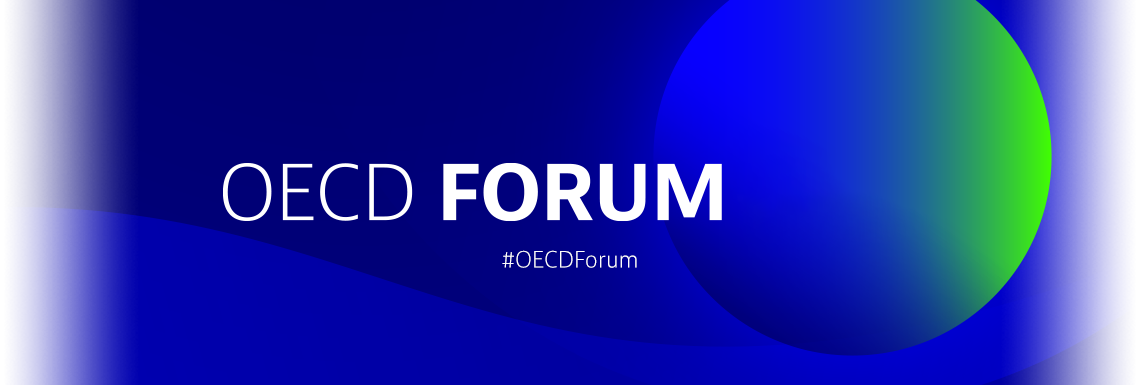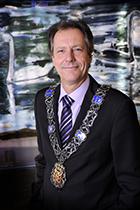A smart society is an inclusive society
|
The end of the 1980s was a glorious time to be in the Dutch city of Eindhoven. The home football team PSV Eindhoven (PSV is short for Philips Sports Association) won the European Cup in 1988, and in the same year, the Netherlands won the European Championship in Germany. These victories united the country in celebration. At the same time, there were ominous clouds hanging over the region. The world economy was at low ebb and production facilities that had been the backbone of the local economy started relocating to low-wage countries. In the 1990s the two largest companies in town, Philips and DAF Trucks, fell on hard times. Tens of thousands of jobs were lost and Eindhoven’s glory days seemed over. But then came what the locals called “the miracle of Eindhoven”.
In the mid-1990s, Eindhoven’s then mayor, Rein Welschen, joined forces with the chairman of the regional chamber of commerce, Theo Hurks, and the university’s chair, Henk de Wilt, to start a fund to help the local economy. The initiative grew, becoming what has become known as the Triple Helix, in which government, knowledge institutes and entrepreneurs work together to build prosperity for Eindhoven and its surroundings. The region soon became a world leader in the fields of high tech, innovation and design. We call it the Brainport area.
Today, a new economic crisis has emerged, but Eindhoven has so far dodged the bullet. Co-operation and drive within the Triple Helix can be thanked for that. It is a spirit that goes beyond the Triple Helix: Eindhoven has the largest percentage of volunteers in the Netherlands, too. Just as matter becomes stronger as it forms more connections, so society grows more resilient with every connection it forms. Inclusion is more powerful than exclusion, and collaboration is more powerful than protectionism.
Today’s crisis is a crisis of the global system. The world is changing due to new communications, technological progress, climate change, exponential population growth and a burgeoning global middle class. The systems that have worked for us for so long are now in dire need of change. Albert Einstein once said: “We cannot solve our problems with the same thinking we used when we created them. Now, our future should be about inclusion.
Inclusion means creating awareness that building a society is the right and obligation of everyone, not just policymakers. Our region is now developing a next generation “Quadruple Helix”, involving people previously overlooked in the policy process. In fact, under new laws, every policy initiative and idea should be discussed with all the parties concerned.
A good example is a small “living lab” in the neighbourhood Doornakkers, where elderly immigrants teamed up with governmental organisations and knowledge institutes to experiment with modern health care. This process later expanded to involve the likes of insurance providers under the banner of “Smart Living 2020”.
Other smart innovations are afoot which owe everything to co-operation. In 2016 every household in Eindhoven will be connected to the internet through fibre optics. Companies are experimenting with smart lighting within the city, working with local people to make them feel safer. Car companies and knowledge institutes are working on smart mobility to make more effective use of the infrastructure and reduce the environmental impact. Researchers and botanists are thinking up ways to produce more food with fewer resources. Bar and shop owners are working with customers and innovative firms to improve how people spend their leisure time. In short, in Eindhoven is a living laboratory, where everyone can be an explorer of the future.
Eindhoven is society in action. Our experience shows that solutions need to be built up by the people, not by the elite. Solutions need to be nourished with ideas from the very people who are directly concerned. Our work can be applied across borders and between communities too, tapping into international organisations such as the OECD, as well as using new technologies to help build different international networks based on specific specialities and interests.
We are not in a race, but on a mission. Everyone can participate and contribute, and no one has to feel left out. We believe that this is the only way we can turn problems into opportunities, and challenges into solutions. The mission towards the future starts today and everyone is invited to come along.
See www.eindhoven.nl
|
Rob van Gijzel, Mayor of Eindhoven, Netherlands
|
Related Documents



